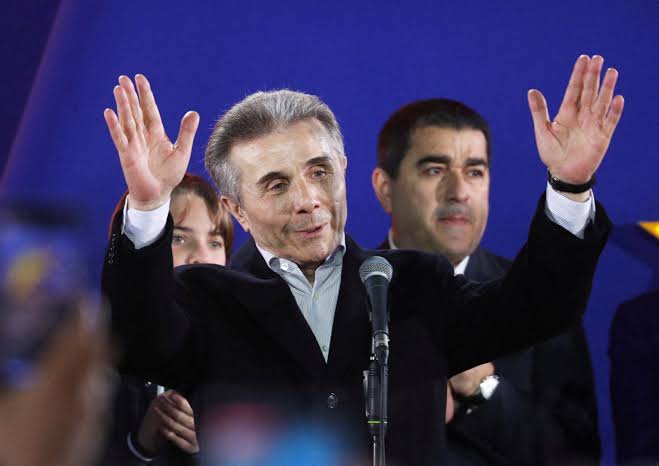The European Commission is seeking to overhaul the upcoming EU budget to enhance the competitiveness of businesses, strengthen the EU’s foreign policy influence, and shape the reforms and investments funded by EU resources, as indicated in a document released on Tuesday.
This proposed shift represents a significant departure from the current budget structure, where one-third of the funds are allocated to agricultural support, another third aims to equalize living standards across EU regions, and the final third addresses all other policy areas.
The document highlights that escalating security threats from Russia, economic pressures from the United States and China, migration challenges, and the increasing frequency of natural disasters necessitate a reinforcement and reform of the European budget.
According to the document reviewed by Reuters, it is intended to initiate discussions among EU governments and institutions regarding a new approach to budget preparation ahead of the challenging negotiations set to begin in July, which will determine spending priorities from 2028 to 2034.
Historically, the seven-year budget has been approximately 1% of the EU’s gross national income, equating to around 1.2 trillion euros for the period of 2021-2027.
However, the EU’s executive body contends that to ensure prosperity, competitiveness, sovereignty, security, resilience, preparedness, and global influence, the budget will need to be larger, although specific figures have not been proposed.
An expanded EU budget will also be essential as the EU will begin repaying the collective borrowing undertaken to assist member states in recovering from the economic downturn caused by the COVID-19 pandemic starting in 2028.
The document states that servicing this debt will incur annual costs of 25-30 billion euros, which represents about 20% of the current annual budget available to EU countries.
Read more: Canada’s Trudeau says US tariffs will have devastating consequences for both nations
“In light of the policy and budgetary challenges… maintaining the status quo is not a viable option,” the Commission’s paper concluded.
Too Rigid
The document criticized the inflexibility of the existing budget, which allocates spending seven years in advance, leaving minimal room for reallocating funds even during crises such as the COVID pandemic, the conflict in Ukraine, or the energy price surge.
It suggested that a more contemporary EU budget for the period of 2028-2034 should incorporate greater flexibility and outline a plan for each member state that includes essential reforms and investments aligned with EU priorities, particularly in economic and social cohesion, developed in collaboration with regional and local authorities.
This proposal seems designed to appease net contributor countries to the EU budget, which may be willing to increase their financial contributions if there is enhanced EU oversight regarding expenditure.
Additionally, the document advocated for the establishment of a European Competitiveness Fund, aimed at financing investments in strategic sectors, technologies, research, innovation, and projects of collective European significance.
Furthermore, the budget for 2028-2034 should reform the financing of EU foreign policy to enhance its effectiveness and alignment with strategic interests, although specific details were not provided.
To support these initiatives, the budget should explore new revenue sources in addition to existing ones, such as national contributions, a portion of the Value Added Tax, and customs duties collected by the EU for goods entering the union.




